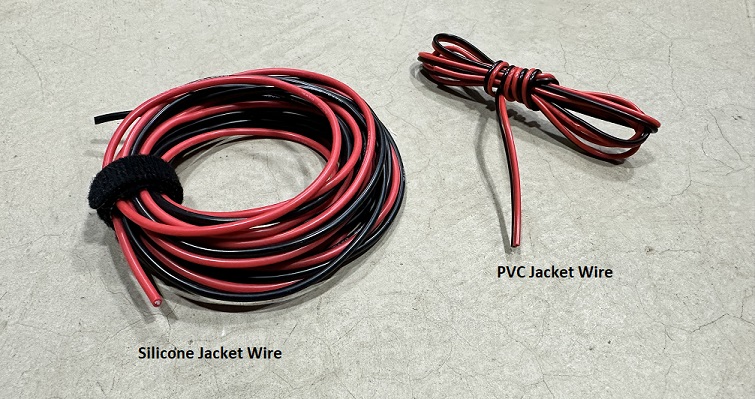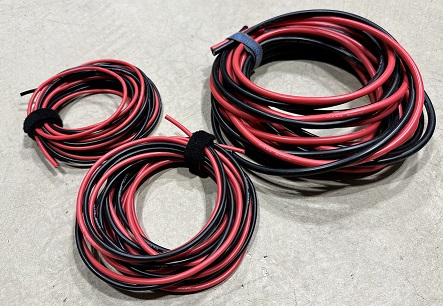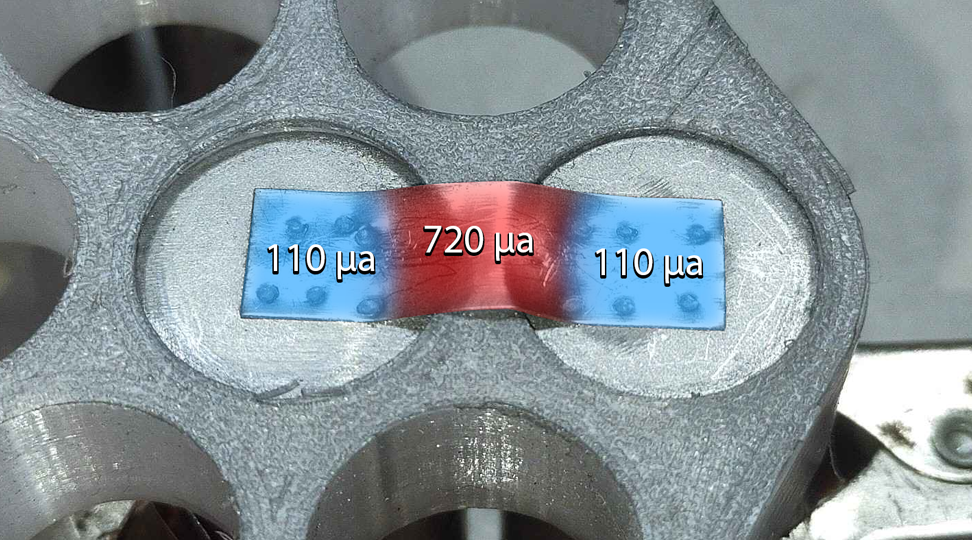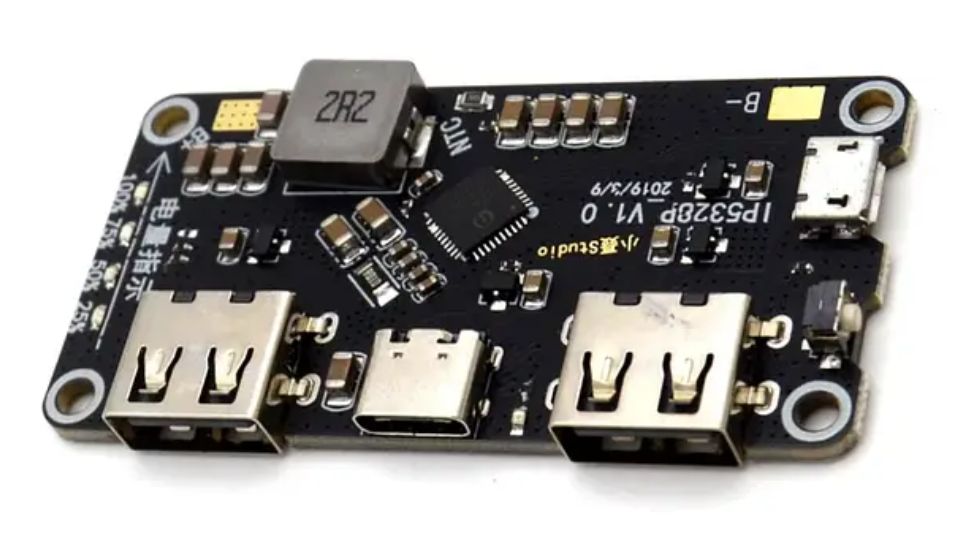
Is PVC or Silicone Wire Which Is Better?
Table of Contents
Silicone wire can carry a higher current for a given gauge due to the higher combustion temperature of silicone compared to PVC.
In reality, no wires should ever be pushed to the point in which the material that the insulator is made out of becomes a determining factor. If you feel any heat coming from your wires, you are already putting too much current through them.
Silicone is more flexible and easier to move, so silicone wire is, inherently, easier to work with. It's not better in terms of ampacity or reliability or anything like that. It can, however, be thought of as a safer option if you are running your equipment at the bleeding edge of its capabilities.
So, Is PVC or Silicone Wire Better?
There is a common misconception that silicone wire can handle more current than PVC jacketed wire. The reality is, the material that the jacket is made of has very little to do with how much current a wire can handle. This confusion comes down to the fact that a conductor, which is what a wire is, can essentially handle an infinite amount of current. You could in theory put an infinite amount of current through any size conductor, or any type of conductor, it will take as much as you give it until it combusts.
[[ aff type=aff ~ link=https://amzn.to/3fIciha ~ title=`BNTECHGO Wire` ~ image=https://admin.cellsaviors.com/storage/bntechgo.jpg ~ description=`BNTECHGO offers a huge assortment of wire, perfect for any project.` ~ height=small ~ buttonText=`View BNTECHGO Store` ]]
The insulator jacket is much more sensitive to heat than the conductor itself. PVC has a lower combustion temperature than silicone. So a 10-gauge wire jacketed in PVC will catch on fire a lot sooner than that same 10-gauge fire jacketed in silicone.
When it comes to electrical wiring, two common types of insulation materials are silicone and polyvinyl chloride (PVC). Both materials are widely used and you can find both in everything from household wiring to industrial machinery. However, there is a common misconception that silicone wire is superior to PVC wire in terms of current-carrying capacity.
Silicone Wire
Silicone wire is known for its excellent flexibility and ease of workability. The silicone insulation material is soft and pliable, allowing the wire to bend and flex without cracking or breaking. This makes silicone wire an ideal choice for applications that require frequent bending or movement, such as robotics, drones, building DIY lithium battery packs, and automotive wiring. The silicone wire jacket can withstand temperatures of 200°C.
PVC Wire
PVC wire is a popular and cost-effective choice for electrical wiring. PVC insulation is more rigid than silicone, making PVC wire less flexible and less suitable for applications that require constant bending. PVC jacketed wires can withstand temperatures of 85°C. However, PVC wire is durable and resistant to abrasion, chemicals, and moisture, making it a reliable choice for many indoor and outdoor applications.
PVC wire has a lower combustion temperature compared to silicone wire, which means it may catch fire at a lower current than silicon wire because the amount of heat produced in a conductor is a function of its resistance and the current flowing through it.
Is Silicone Wire Safer Than PVC?
Yes, silicone wire is safer than PVC Wire. Silicone wire has a high resistance to heat, which makes it suitable for use in high-temperature environments. However, it's important to note that the flexibility and heat resistance of silicone wire does not directly affect its current-carrying capacity, and this high heat tolerance should not be leaned on for extra current-carrying capability.
Debunking the Misconception About Silicone Wire
The misconception that silicone wire can handle more current than PVC wire is not accurate. The current-carrying capacity of a wire is determined by the size and material of the conductor (e.g., copper or aluminum) and not by the insulation material. A wire's ampacity, or the maximum amount of current it can safely carry, is based on the conductor's ability to dissipate heat without exceeding safe temperature limits.
Overloading a wire can cause excessive heat, leading to the combustion of the insulation material. While silicone wire has a higher combustion temperature than PVC wire, this does not mean it can carry more current. In practice, electrical systems should be designed to prevent wires from reaching temperatures that could cause combustion, regardless of the insulation material.



